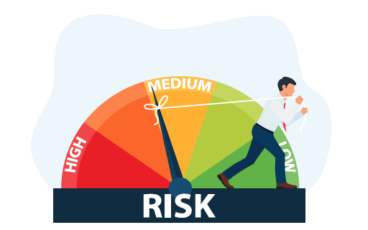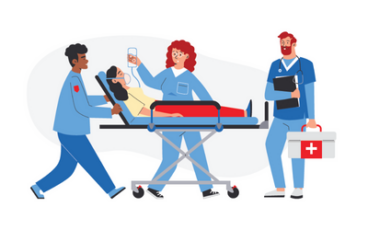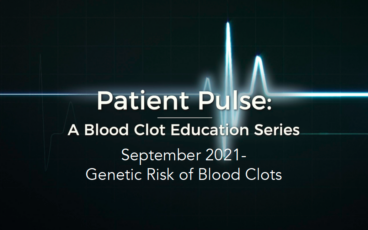Diagnosis
Seek medical care as soon as possible If you’re experiencing symptoms of a blood clot.
Your medical team will likely ask about your symptoms & health history and examine you to look for signs of a clot. After that, they may perform some tests to figure out if you have a clot.
The most commonly used tests include:
- blood tests
- Ultrasounds
- chest x-rays
- chest CT (computerized tomography) scans
- V/Q (ventilation/perfusion) scans
Your team may order more tests in some cases. You should always feel free to ask your medical team about the tests they’re ordering and why.
To learn more about how blood clots are diagnosed, please visit Diagnosis of a Blood Clot.
Newest Diagnosis Articles
About Blood Clots
What Is My Risk of Getting a Blood Clot, Really?
About Blood Clots
How Your Body Makes a Clot: The Coagulation Cascade
About Blood Clots
Fact vs. Fiction: Exercising After a Blood Clot
About Blood Clots
How Are Blood Clots Diagnosed?
About Blood Clots
Who Should I See After Being Diagnosed with a Blood Clot?
Related Health Topics
Obesity and Heart Health
Types of Blood Clots
Genetic Risk of Blood Clots
About Blood Clots











